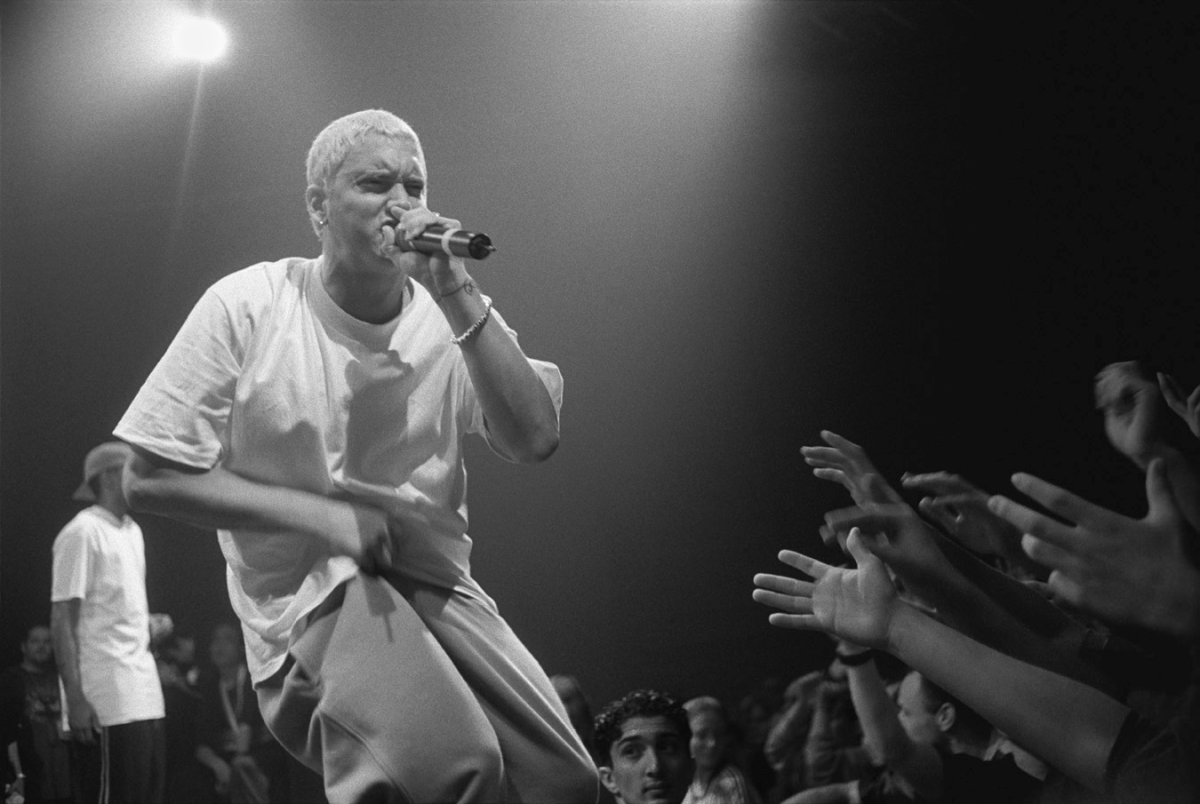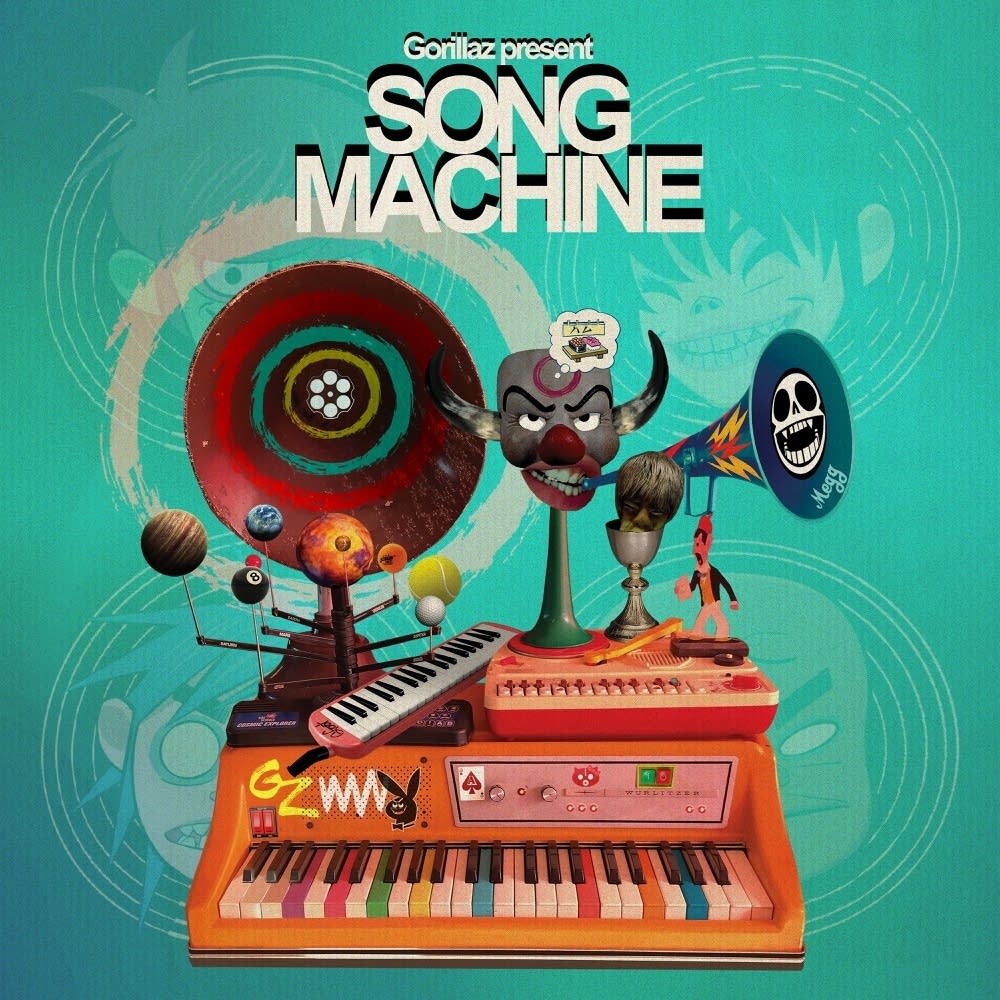“But you were born to be an astronaut, and you’ll do that or die trying,” wails Declan McKenna in “Be an Astronaut,” the second track of his new sophomore album, “Zeros.” McKenna sets the scene for the rest of the album, a teetering balance between aspirations and those dreams that are absolutely unattainable in our current world, a wavering between hope and cynicism.
McKenna, famous for protest rock songs such as “Brazil,” which criticized systemic corruption in the Brazilian government following the 2014 FIFA World Cup controversies, written at just 15 years old, has scored him a title of a voice of his generation. Other songs from his debut album “What Do You Think About the Car?” contain themes around religion, xenophobia, conversion therapy and voting, among others.
Now 21, McKenna’s album “Zeros” continues this trend of political critique, but this time around paying homage to the roots of British protest rock artists of the 1970s such as the Beatles, Fleetwood Mac, The Sex Pistols, Duran Duran and David Bowie. He incorporates elements of modern indie pop with 70s glam rock and layered piano tracks. The additional modern force and heaviness added to the instrumentals are nothing special to write home about, but certainly round out most of the songs appropriately, sometimes with grand finishes that left me with goosebumps.
What’s more curious about this combination of modern and vintage elements is its relationship to the protest lyrics themselves, which flip-flop between the opinion of an optimistic generation and that of older indifference and cynicism. It also inadvertently fits McKenna’s growth as a musician, with “Zeros” featuring a more mature songwriter and vocalist, compared to the emotional vocalist that was on the verge of screechiness in his debut album.
Perhaps most of the vocals, by comparison, are now average at most. However, McKenna’s constantly eerie and smart lyricism do not fail to impress.
He crafts a story for a character named Daniel, who has hopes and dreams to become an astronaut and lives impulsively, before his dreams are crushed by the end of the 1960s Space Race. “Be an Astronaut” is perhaps a callout on capitalism, which transforms curiosities into business ventures. “Be an Astronaut” is haunting and lyrical, with seamlessly layered harmonies and vintage instrumentals, making it my standout track of the album.
Daniel is forced to endure more modern matters, including distrust between social classes in “The Key to Life on Earth,” surveillance capitalism in “Beautiful Faces,” conspiracy theories in “Daniel, You’re Still a Child” and climate change in “Twice Your Size,” “Rapture” and “Sagittarius A*,” in chronological order.
McKenna’s lyrics are desperate, clinging for hope. Take the lyrics in “Daniel, You’re Still a Child”: “The hope is going like Christmas pies, but it’s never gonna stop you turning pink.”
In “Rapture,” a spinning, addicting chorus poses a helplessness and confusion. He’s hit from all directions with misinformation about whether climate change is unchangeable, or whether it’s preventable and nothing to worry about. He reaches for God for reassurance: “Oh God, tell me I sure am on the list. How can you make yourself so scarce from someone you love?”
By contrast, “Sagittarius A*” conveys a political reaction, calling out powerful figures that don’t bother to represent the powerless, using imagery of water and flooding to symbolize the rapid approach of climate change that will affect all of us eventually, regardless of socioeconomic status. “You think your money’s gonna stop you getting wet? Noah, you best start building.” It’s snarky. It’s hopeful.
Quite a number of McKenna’s songs are personally meaningful to me, reminding me of the fervor and simultaneous feelings of giving up while doing environmental advocacy work. These were vastly contradictory and frustrating feelings that I’m sure many other advocates of this generation share.
Of course, some tracks such as “Emily,” “Eventually, Darling” and “Twice Your Size,” are lost on me. The layering of more experimental sounds like woodwinds, a slide guitar and rocket ship sound effects are much too chaotic, especially over weaker lyrics and choruses.
Ultimately, “Zeros” is still a stellar album with the same lyrical charm McKenna is known for, while expanding his ability for storytelling. McKenna’s inspiration from 70s British rock extends past instrumentals; he continues their legacy of protest rock, applied to modern day problems and solutions alike.































